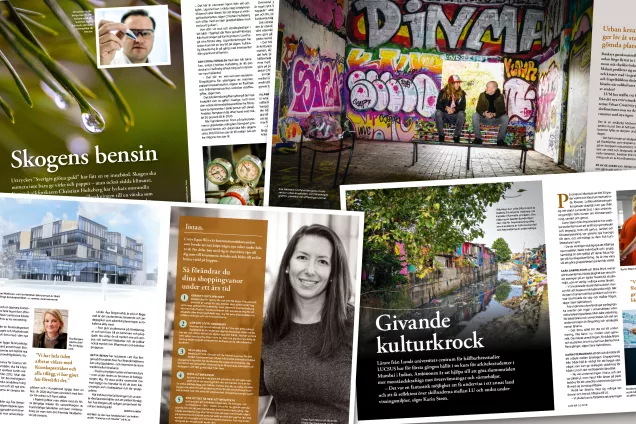“Many of the young people I interviewed belonged to the middle class and expectations were high that the new law would make their lives easier”, says Maria Tonini.
However, it became clear to most people that although decriminalisation is a major and important step in the right direction, it is not sufficient to ensure that LGBTQ people in India can live their lives as they wish and with whom they wish, according to Maria Tonini:
“The law brought activists out of the closet but the average non-heterosexual Indian still faced other major obstacles.”
Above all, LGBTQ people find it very hard to tell their own families about their sexual orientation.
“Family is extremely important in India and most of those I interviewed felt they had a good, albeit very demanding, relationship with their family. Sexuality is a taboo subject in India and even more so if you are LGBTQ”, says Maria Tonini. “My interviewees were fearful that they would be thrown out of their families if they told the truth about their sexual orientation.”
In India the family still plays an important role in arranging marriages and there is a great deal at stake if a child suddenly refuses to cooperate in the planned process.
“Many of those I spoke to strategised about how and when to come out to their families. Most of them planned to wait until they had completed their studies and could no longer avoid an arranged marriage. By then they hoped to be better equipped to manage without their family if they had to.”
2013 saw a development that nobody had expected, however: homosexuality became prohibited once again.
“Nobody saw that coming. Not even I, who had dedicated my thesis project to explaining and understanding the consequences of decriminalisation on LGBTQ people”, says Maria Tonini.
But with hindsight, Maria Tonini still thinks that the developmental step backwards pinpointed the most important consequence of decriminalisation in a patriarchal society such as India.
“Civil society certainly continues to fight against the criminalisation of homosexuality but the risks have become much greater since both activists and LGBTQ people are once again classed as criminals.”
Text and photo: Ulrika Oredsson
Maria Tonini recently defended her thesis in Gender Studies entitled The Ambiguities of Recognition. Young Queer Sexualities in Contemporary India



